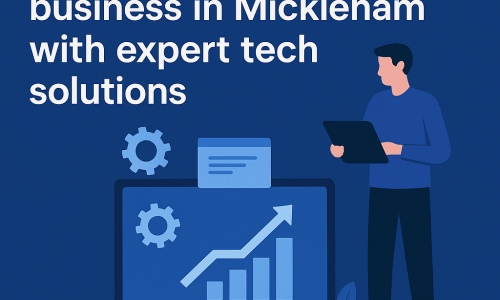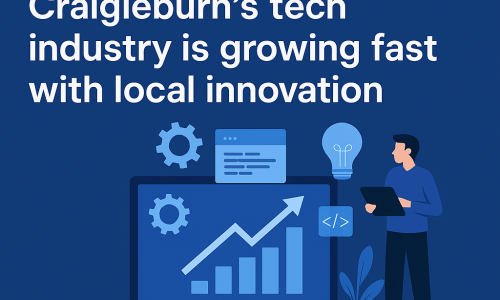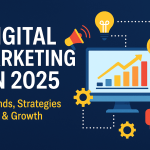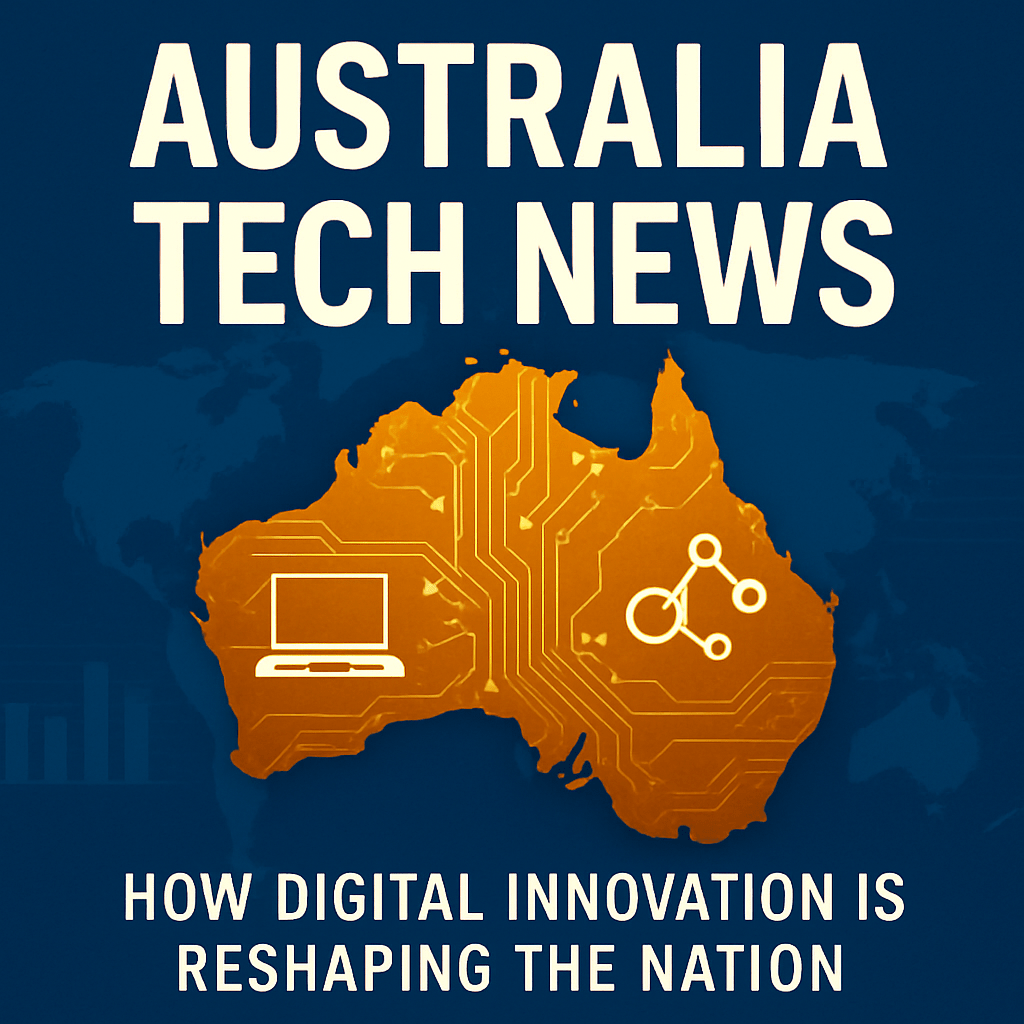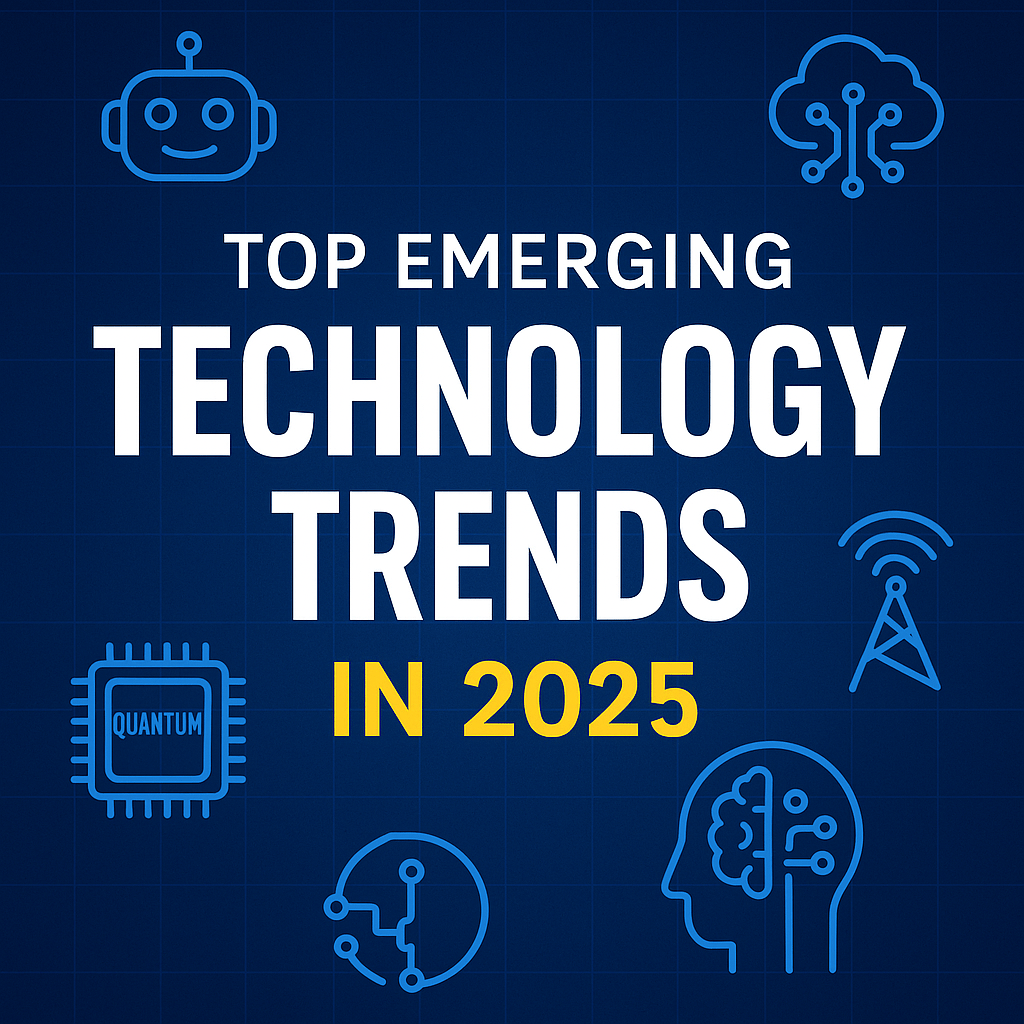
The Future of Technology in 2025: Innovations Reshaping Our World
- admin
- July 28, 2025
- Technology
- AI and Innovation, Digital Transformation, Emerging Tech Trends, Future of IT, Green Tech, Smart Homes, Technology 2025
- 0 Comments
Technology is evolving faster than ever, and 2025 is poised to be a transformative year. From artificial intelligence and quantum computing to blockchain, 5G, and augmented reality, the innovations on the horizon will redefine our digital future. For tech enthusiasts, startups, and business leaders, understanding the future of technology is not just exciting—it’s essential.
1. Artificial Intelligence Will Continue to Dominate
In 2025, AI won’t just be a buzzword—it will be deeply woven into everyday life. From chatbots that offer human-like conversations to machine learning algorithms that predict consumer behavior with precision, AI is set to enhance personalization in apps, websites, and even healthcare systems. Businesses will increasingly adopt AI for automating workflows, improving decision-making, and reducing operational costs.
Industries like healthcare, finance, and education are already leveraging AI for diagnostics, fraud detection, and personalized learning. Expect to see AI-integrated wearables, smarter virtual assistants, and even AI helping in climate prediction and research.
2. 5G Will Go Mainstream and Revolutionize Connectivity
The rollout of 5G technology is not just about faster speeds—it’s about unlocking an entirely new level of connectivity. In 2025, 5G will empower ultra-responsive applications like real-time gaming, AR/VR experiences, and remote robotic surgeries.
With its low latency and high bandwidth, 5G will support the expansion of smart cities and enable IoT devices to communicate more efficiently. Businesses and consumers alike will benefit from seamless communication and lightning-fast streaming, data transfers, and remote work.
3. Quantum Computing Will Begin Its Practical Phase
Quantum computing, though still in early stages, is expected to make major strides in 2025. Tech giants like IBM and Google are racing to make quantum solutions accessible beyond labs. These super-powerful machines will solve problems that are currently impossible for classical computers—think drug discovery, cryptography, and complex simulations.
For example, pharmaceutical companies could use quantum computers to analyze molecular structures and create new treatments faster than ever. Financial institutions might harness quantum to model market behavior with unprecedented accuracy.
4. The Rise of Smart Homes and IoT Ecosystems
The Internet of Things (IoT) will bring a new era of intelligent living in 2025. Smart homes will be more intuitive, with devices that “learn” your habits. Imagine waking up to a house where lights adjust to your mood, your coffee starts brewing automatically, and your home security system recognizes family members through facial recognition.
IoT will also play a huge role in industries, from predictive maintenance in manufacturing to energy-saving smart grids. With billions of connected devices in play, data security and privacy will also become a top priority for developers and users alike.
5. Extended Reality (AR & VR) Will Transform Daily Interactions
AR and VR technologies are set to redefine how we experience reality. In 2025, we’ll see AR glasses replacing traditional smartphones for navigation, meetings, and even shopping. Virtual Reality will extend beyond gaming—into immersive training, therapy, real estate, and virtual tourism.
With the metaverse gaining ground, users will engage in digital worlds for education, commerce, and entertainment. The integration of haptic feedback and AI into AR/VR systems will make virtual interactions feel incredibly real and emotionally resonant.
6. Cybersecurity Will Be Smarter and More Proactive
With the growth of digital infrastructure comes the increased risk of cyberattacks. In 2025, cybersecurity will become more proactive thanks to AI-driven threat detection, biometric security, and real-time monitoring systems. Businesses and individuals alike must prioritize strong encryption, two-factor authentication, and regular audits.
The focus will shift from reactive defense to predictive and preventive cybersecurity. Expect a rise in zero-trust frameworks, blockchain-based data protection, and autonomous security protocols.
7. Green Tech Will Drive Sustainable Innovation
As climate concerns grow, green technology will be central to innovation in 2025. Tech solutions will aim to reduce carbon footprints, with sustainable data centers, electric vehicles (EVs), and smart energy systems taking center stage.
Solar energy will become more affordable and efficient, while battery technology will evolve to support longer usage times and cleaner production methods. Expect businesses to embrace ESG (Environmental, Social, and Governance) strategies, integrating sustainability directly into their operations.
8. Blockchain Will Expand Beyond Cryptocurrency
By 2025, blockchain will no longer be confined to Bitcoin and crypto. Its decentralized nature will offer transparent, secure solutions across industries. Supply chain tracking, digital identity verification, and voting systems will all benefit from blockchain technology.
Smart contracts will automate agreements, removing middlemen and reducing fraud. In healthcare, blockchain could enable safe, decentralized access to patient records, improving efficiency and security.
9. Robotics Will Become More Accessible and Adaptive
From factories to households, robotics will become more common and more intelligent. Expect service robots in retail and hospitality industries, autonomous delivery bots in urban centers, and robotic exoskeletons for healthcare and rehabilitation.
Powered by AI and IoT, robots will adapt better to environments and user needs. With improvements in affordability and agility, robotics will shift from luxury to necessity in both businesses and personal lives.
10. Edge Computing Will Support Real-Time Data Processing
Edge computing will gain traction in 2025 as data processing moves closer to the source. This reduces latency and allows real-time decision-making—critical for applications like autonomous vehicles, industrial automation, and remote healthcare devices.
Combined with 5G and AI, edge computing will support scalable, efficient systems with quicker insights. It will also help reduce the load on cloud infrastructures, making digital services faster and more reliable.
So, 2025 will be a transformative year for the future of technology. From AI to green tech, the trends shaping the digital world promise to enhance productivity, connectivity, and sustainability. Staying updated and adaptable is key for professionals, businesses, and everyday users looking to thrive in this rapidly evolving landscape.
